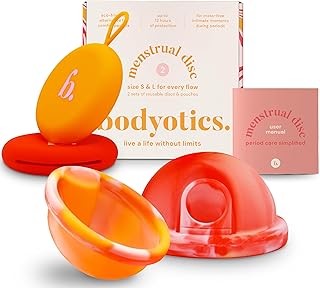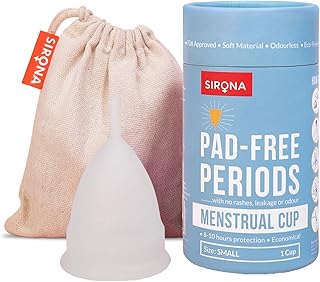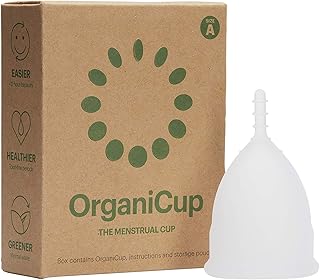The female hygiene market has experienced significant growth in recent years, with a plethora of products catering to intimate care needs. While innovations like menstrual cups and period panties have been well-received, concerns have been raised about the safety and necessity of certain products. Studies have uncovered alarming findings, such as the presence of harmful chemicals like PFAS in reusable menstrual products and toxic heavy metals like lead and arsenic in tampons. These substances are linked to severe health risks, including cancer, infertility, and organ damage, prompting calls for further investigation into product safety.
Advertisements often tout the benefits of feminine washes and intimate sprays, claiming they are essential for maintaining cleanliness in the genital area. However, health experts argue otherwise, emphasizing that the vagina is a self-cleaning organ that does not require special soaps or washes. Dr. Tanya Narendra, an expert in the field, explains that the vagina functions much like other parts of the body that do not need internal cleaning. Despite marketing claims, these products are deemed unnecessary by medical professionals.
Moreover, studies have revealed the presence of per- and polyfluoroalkyl chemicals (PFAS), commonly known as “forever chemicals,” in reusable feminine hygiene products. Researchers have expressed concerns about the potential health risks associated with prolonged skin contact with PFAS, highlighting the need for a better understanding of the implications of these chemicals. The alarming discovery of toxic metals like lead, arsenic, and cadmium in tampons has further raised red flags regarding the safety of these commonly used products.
These heavy metals have been linked to various health issues, including dementia, diabetes, and cancer, underscoring the importance of scrutinizing the composition of feminine care products. While organic tampons showed lower concentrations of certain metals compared to non-organic counterparts, the overall presence of toxic substances in these products poses a significant health risk to users. Experts warn that the absorption of these chemicals through the skin in the vaginal area could have serious health consequences, necessitating a reevaluation of product safety standards.
As the debate around feminine care products intensifies, consumers are urged to exercise caution and prioritize their health when choosing intimate hygiene products. The revelations of harmful chemicals and heavy metals in these items underscore the need for greater transparency in the industry and stricter regulations to safeguard women’s health. With ongoing research shedding light on the potential risks associated with certain feminine care products, it is essential for consumers to stay informed and make informed choices to protect their well-being.
📰 Related Articles
- Toronto Marathon Safety Concerns Spark Calls for Improvement
- Risks of Private Ultrasound Clinics Spark Healthcare Concerns
- French Health Agency Warns Against Soy Products Over Health Risks
- Young Runner’s Tragic Death at Cork City Marathon Sparks Safety Concerns
- Why Dermatologists Love La Roche-Posay Beauty Products for Skin Health






